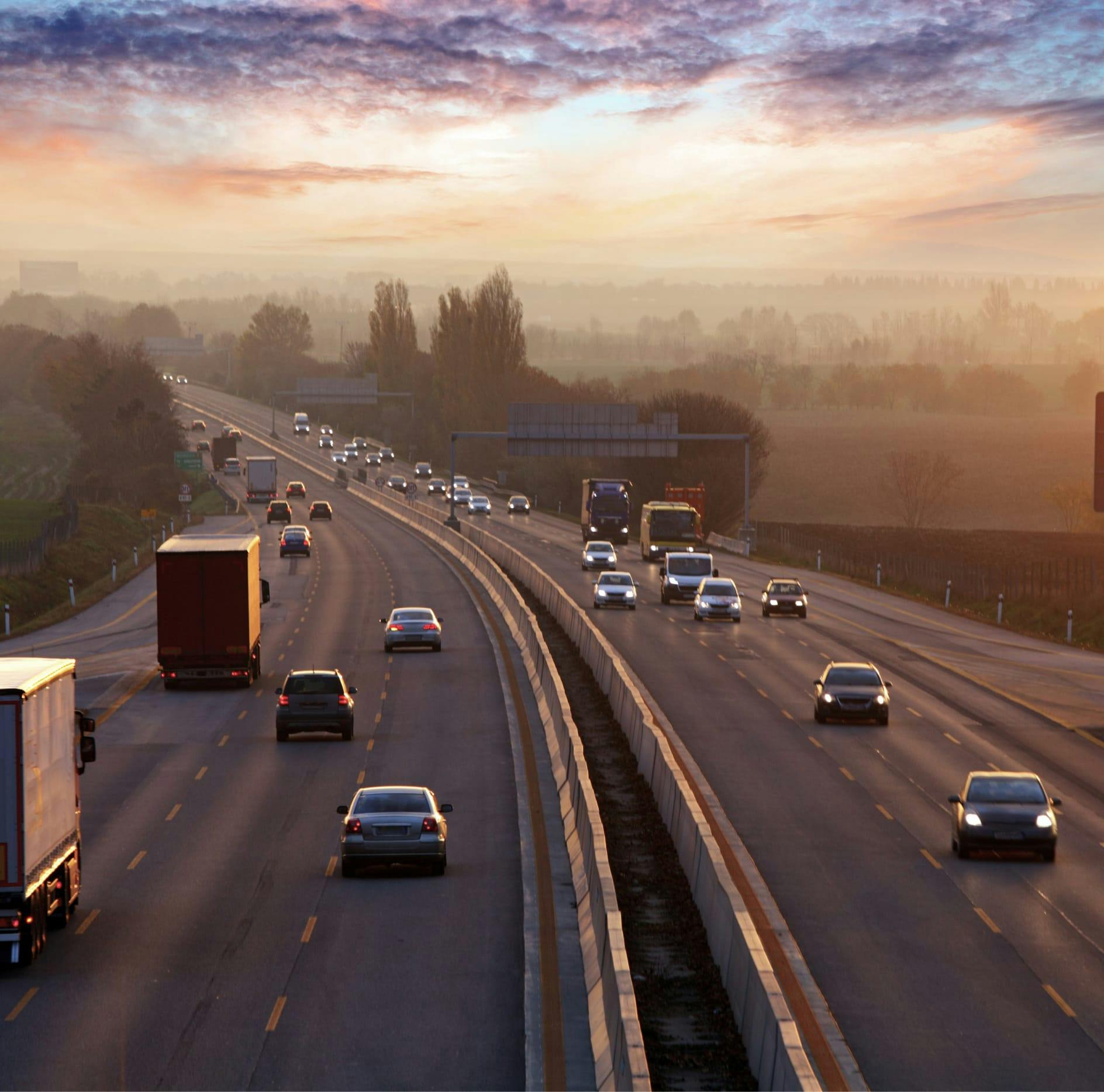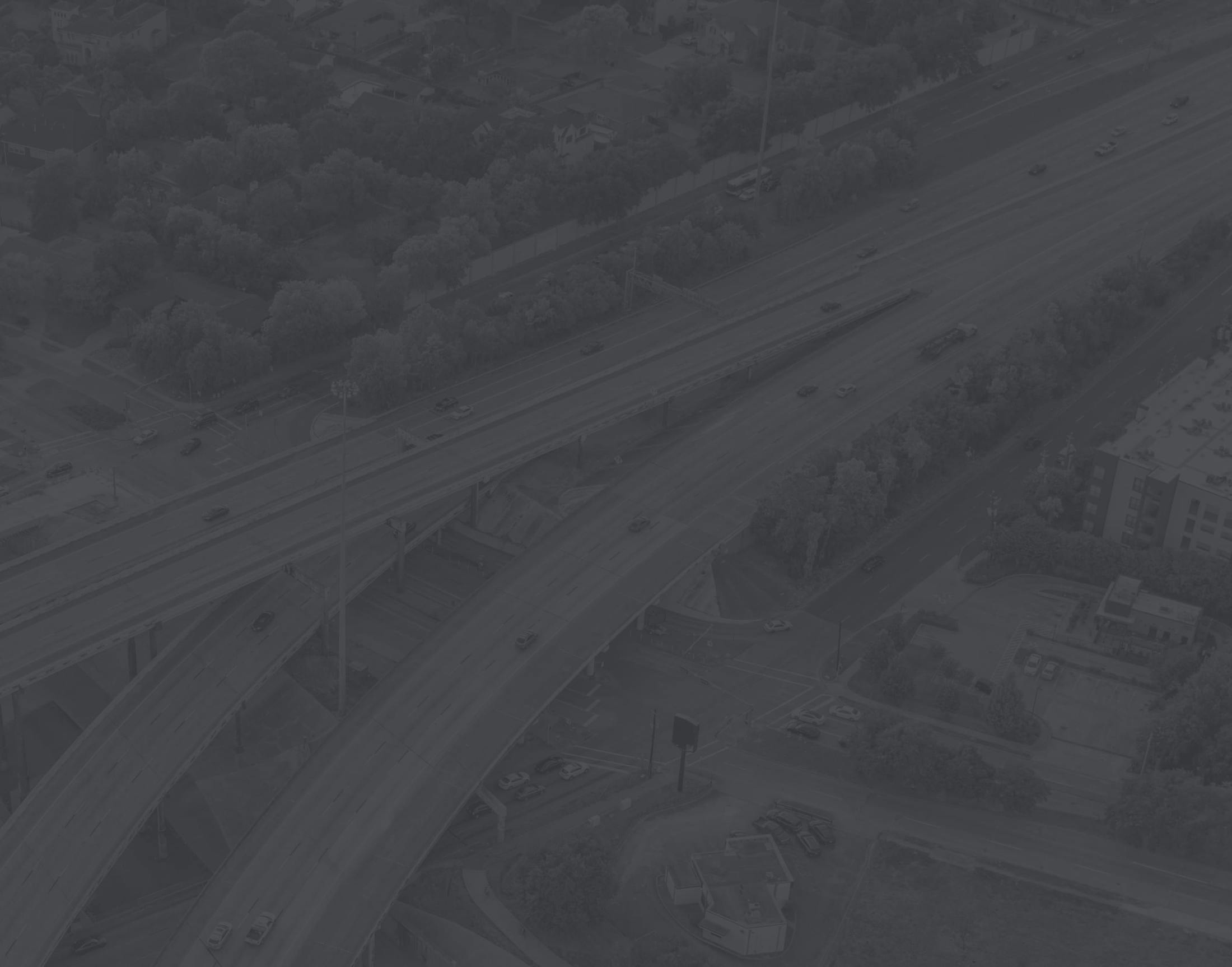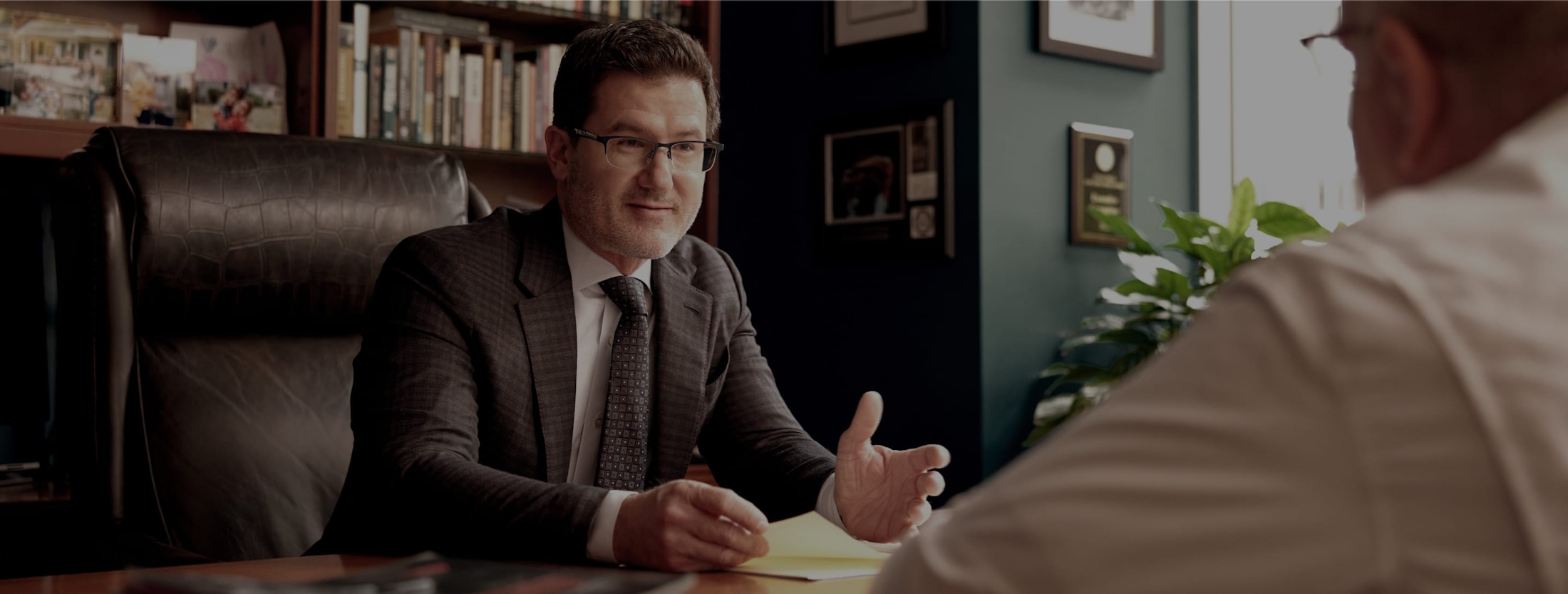Self-driving vehicles promise a future of safer roads, yet accidents still occur due to technology malfunctions, human errors, or negligent parties. Navigating these cases requires in-depth knowledge of emerging laws and the ability to hold powerful corporations accountable.
What Causes Self-Driving Car Accidents?
Accidents involving autonomous vehicles bring unique challenges. Liability may involve multiple parties, such as the vehicle manufacturer, software developer, or another driver. These cases require a comprehensive understanding of personal injury law, product liability, and insurance regulations. Common causes include the following:
- Sensor or software malfunction
- Human intervention errors
- Poor vehicle design or inadequate testing before release
- External factors, like other drivers or pedestrians, contributing to the crash






